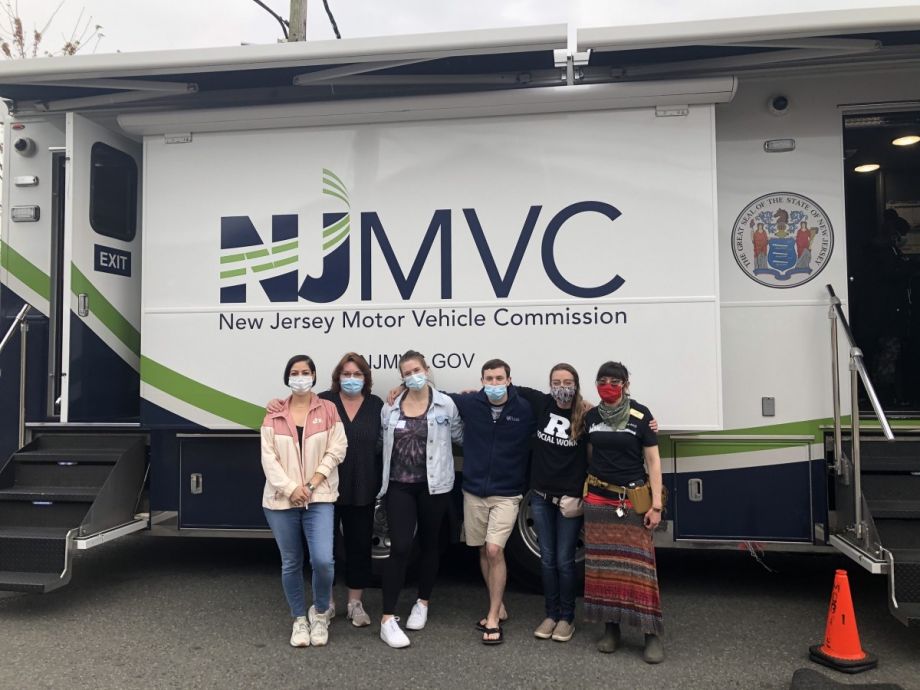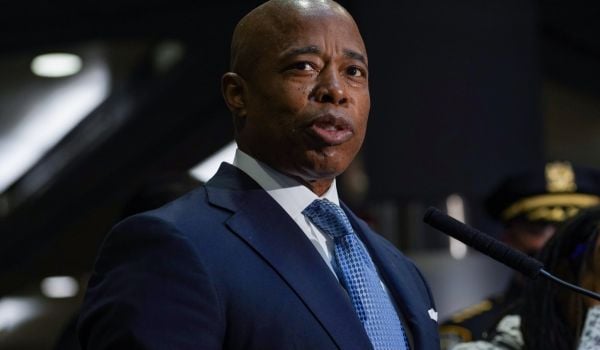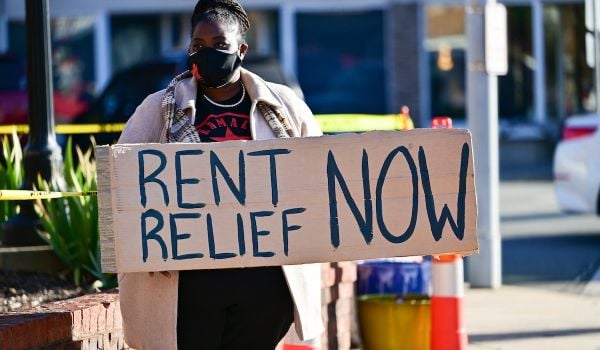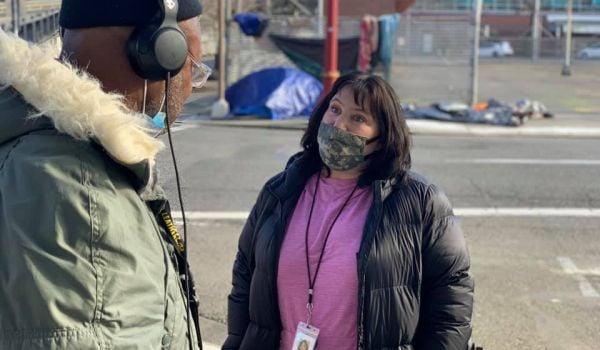The pandemic has disrupted every facet of our lives, in ways both benign (toilet paper shortages) and drastic (currently 8.7 million unemployed in the U.S.). Families across the nation have been devastated by loss and hardship. And the crisis has brought renewed urgency to conversations around expanding government support and the social safety net.
Julie Janis, a social services coordinator at the Trenton Area Soup Kitchen (TASK), recognizes this firsthand. In her day to day, Janis works with unsheltered folks who rely on TASK to provide meals, internet access and other general support in order to get them back on their feet. But before patrons can take advantage of the social safety net, they must obtain one essential item that for many, can seem just out of reach: a state ID.
“There is such an incredible need for identification,” Janis says, “You cannot get housing without it. You cannot get any social services, general assistance, food stamps, social security… employment, a bank account, can’t go to the doctor, rehab.” The list goes on and on.
The National Alliance to End Homelessness found there were more than 580,000 unsheltered Americans in 2020. Many people who experience homelessness lack a permanent address, easy internet access and even a cellphone. For these populations, applying for and getting a state ID can present insurmountable hurdles. But the New Jersey Motor Vehicle Commission (NJMVC) has stepped in with an attempt to clear some of those hurdles — by instituting a mobile DMV that can meet people, literally, where they are.
The mobile unit was inaugurated in 2018 to supplement agency locations that were overburdened. In the fall of 2018, it expanded to conduct outreach to a variety of community groups including people who are veterans, elderly and experiencing homelessness. With only two mobile units in the entire state, the DMV-on-wheels rarely visits the same location multiple times in a year as they hope to broaden their services statewide. But the NJMVC has received funding to purchase an additional two mobile units that are planned to join the force by 2023.
Legislators often arrange the mobile DMV’s visits, but any organization can request their services by filling out a request that goes out to sponsors. Janis, frustrated with the difficulty of scheduling appointments for her TASK patrons, solicited their services after hearing about one of their other events nearby.
While this innovation appears to lower bureaucratic barriers, recently the opportunity to obtain a state ID has grown, if possible, more cumbersome, because some state facilities are not functioning to their pre-pandemic norm.
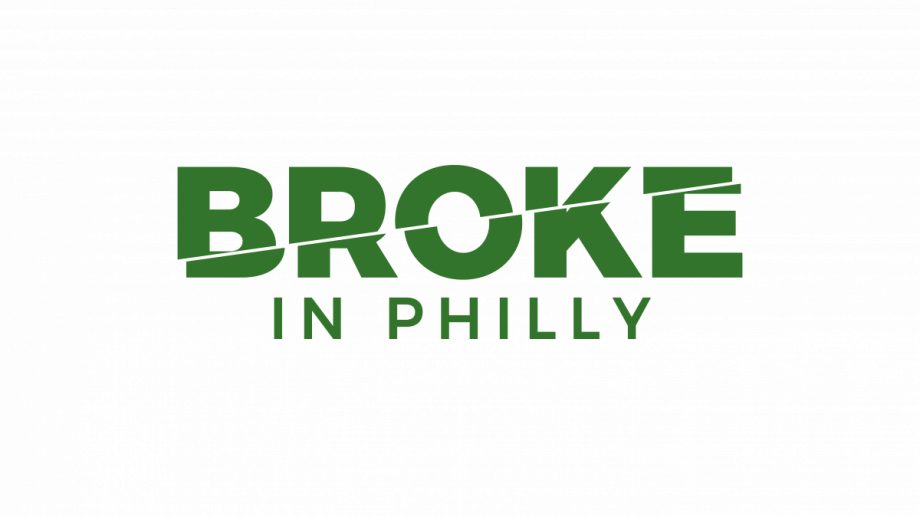
New NJMVC protocols, for instance, ask residents to book one of the highly coveted online appointments (instead of allowing walk-ins) to acquire a non-driver’s state ID, the type of identification Janis says is popular among the people she works with. And getting an appointment has not just been difficult for those affected by the digital divide. NJ.com reports that residents who have internet access also have expressed frustration at the system because of the limited number of available time slots. And residents often have to log on at irregular times, either late at night or early in the morning, in order to get an appointment.
Despite the criticisms levied at the system, the NJMVC maintains that the current online appointment system will continue, because it allows the office to process 25% more documents than it did pre-pandemic.
“People demanded appointments early on because there were huge lines,” NJMVC Chief Administrator Sue Fulton says, “The demand is there for a lot of reasons. Schools are closed…They would [send] everybody’s permit… at the DMV in bulk. And now each one of them is doing an appointment one at a time which leads to high demand.” A new NJ state law that allows undocumented people to access driver’s licenses has also increased the need for service.
Even prior to the pandemic, TASK patrons struggled to get an ID. Janis says that patrons who rely on public transportation would have to take multiple buses before walking half a mile to get to the NJMVC, and then wait outside in line for hours to get seen. “We deal with people with mental illness, older folks … that just couldn’t navigate that. It was just too hard for them to get out there.”
For Janis, the organizing process was lengthy but fruitful; at the TASK event, more than 30 people obtained ID, although original arrangements had set the cap at 50 people. The NJMVC didn’t have a direct answer as to why they couldn’t help all those present. Instead, Fulton listed as possible reasons: system outages, lack of proper documentation and the time it takes for transactions to process. But it is interesting to contrast this with the notion that the DMV-on-wheels can process 80 to 100 transactions a day.
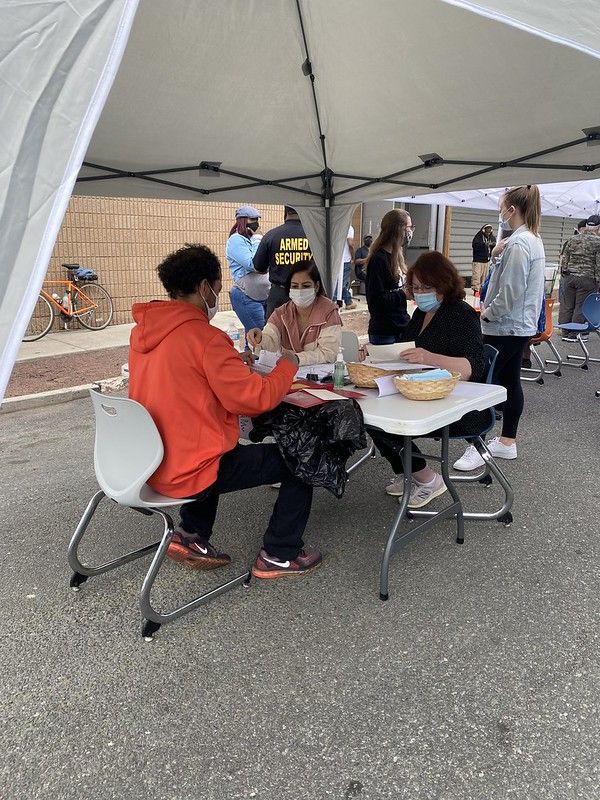
A TASK patron filling out forms to secure a state ID from the mobile DMV. (Photo courtesy of TASK)
Prior to her event on May 3, Janis had to deal with two cancellations, despite the DMV knowing that TASK patrons are difficult to contact as many do not have a cellphone. In an email statement, NJMVC spokesperson William Connolly states, “During a few weeks in the spring, only one of our two Mobile Units was available for deployment as the second one was being serviced, repainted, and upgraded. During this time, the single available Mobile Unit experienced some mechanical problems and logistical challenges that prevented it from making a few scheduled visits.”
Regardless, Janis was extremely grateful that TASK was able to aid some of the patrons who had long been waiting for an appointment.
“[Getting] their ID… is a very important moment for some,” Janis recounts. “Some people would cry over this… especially for people who were homeless 一 just suddenly being on the grid is very emotional for people. Then they can move forward with their lives.”
Janis hopes she’ll be able to host another event in September, though she cites new requirements for IDs as a reason to worry. Starting in June, the NJMVC added new documents that applicants must have in order to show they are NJ residents. They must also possess either an individual taxpayer identification number (ITIN) or social security. The list of acceptable documents includes a property tax bill, original unexpired lease or rental agreement, checking or savings account statement, and pay stubs from the last year. Unsheltered folks are unlikely to have any of these documents available to them. It becomes a Catch-22: people need ID to open a bank account or rent a home, but must also rely on a bank statement or rental agreement in order to meet the document threshold to obtain the ID in the first place.
Receiving an ID prior to these new mandates was already difficult because new IDs are currently made at a separate facility 一 meaning the NJ MVC no longer hands IDs directly to applicants. Instead, they mail the ID to people’s homes. Janis says that at the time of their mobile event, seven people lived in transient housing, and listed that as their mailing address. Only one of them received their ID. Most TASK patrons rely on the Food Bank’s address in order to obtain mail. However, the DMV did not allow TASK patrons to use that address, because it was a P.O. Box and not a physical address.
At the same time, the state caters to domestic violence survivors through the Address Confidentiality Program, which protects them by allowing survivors to list P.O Boxes as their address on their ID. And the list of documents the NJMVC accepts was also expanded so that undocumented people could obtain licenses, too.
Legislators have previously helped the population of unsheltered people through new laws that allow a social worker or emergency shelter coordinator to request a birth certificate for an unsheltered person, as reported by NJ.com. Homeless people can also obtain fee waivers when applying for an ID, so long as they can prove their temporary residence.
The NJMVC does recognize the barriers it has created in obtaining an ID.
“Unfortunately,” Fulton says, “statutes are… not written to support populations of people who don’t have a permanent home and a permanent address. We will accept a halfway house… But we don’t have any wiggle room when it comes to what’s required by statute for addresses or for social security numbers. We are very sympathetic to that but… we have very strict requirements [applicants] have to meet.”
This story was produced with support from Broke in Philly, a collaborative reporting project on solutions to poverty and the city’s push toward economic justice. Next City is one of more than 20 news organizations in the collective. Follow us on Twitter @BrokeInPhilly.

Solcyre (Sol) Burga was an Emma Bowen Foundation Fellow with Next City for summer 2021. Burga graduated from Rutgers University with a degree in political science and journalism in May of 2022. As a Newark native and immigrant, she hopes to elevate the voices of underrepresented communities in her work.
.(JavaScript must be enabled to view this email address)

